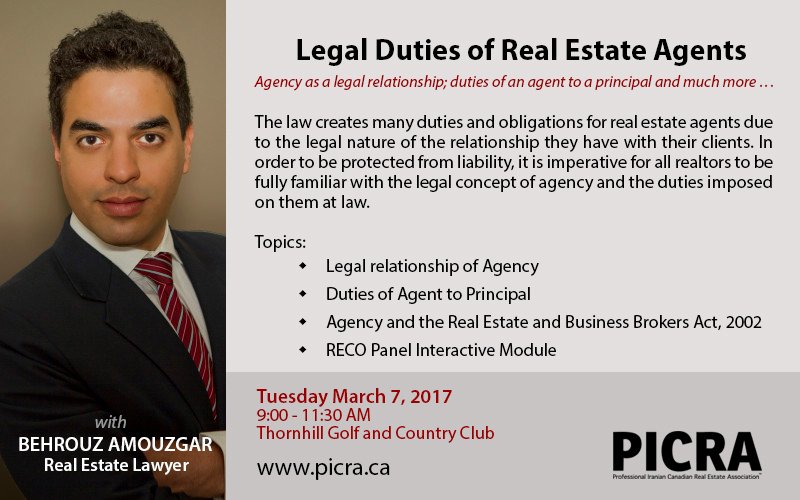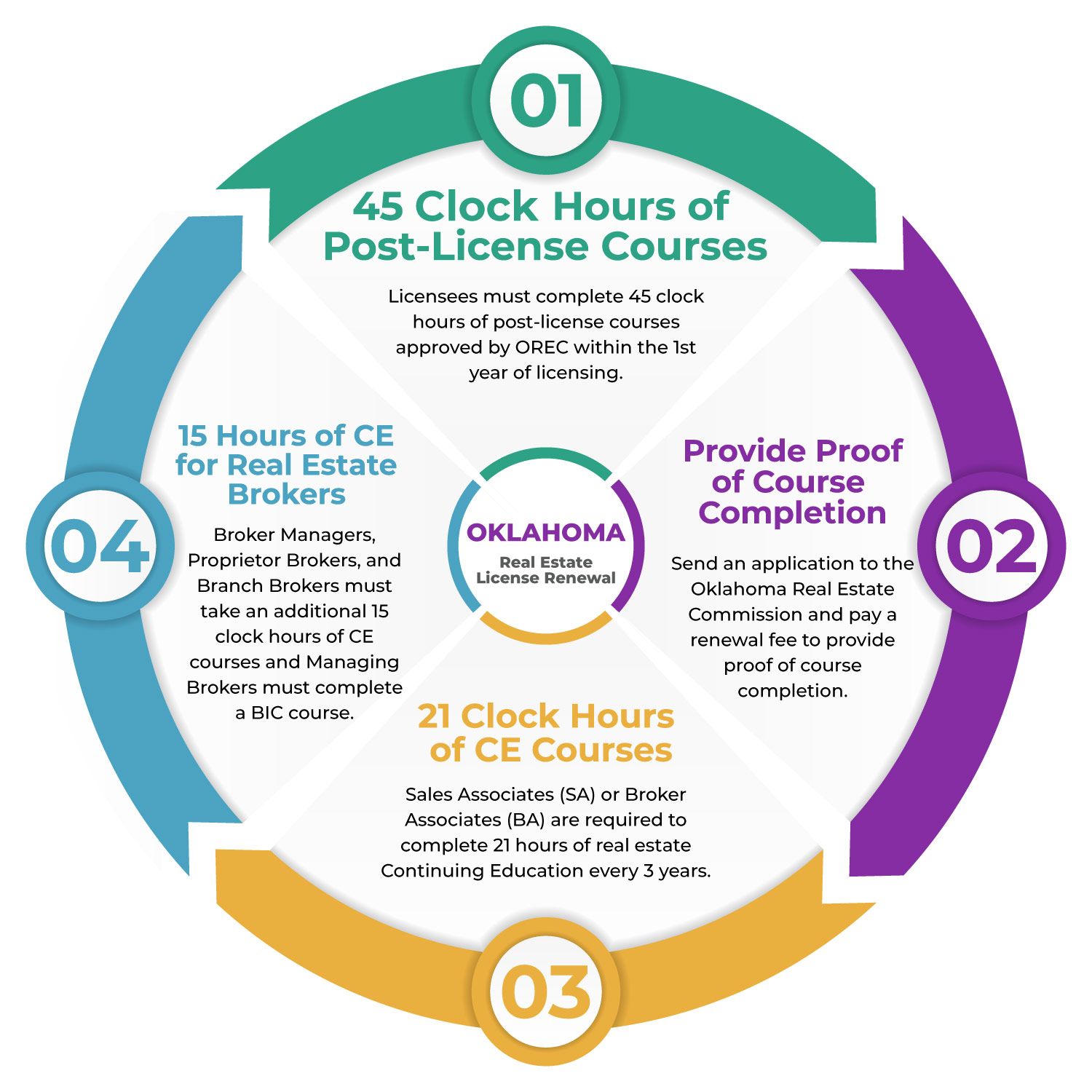
Consider several factors when you are looking for a multi-family mortgage loan. These factors include the downpayment, interest rate, as well as other financing options. This article will explain the rates and down payment requirements for these types of loans. Once you have these details figured out, you'll be able to choose the best mortgage loan for your situation.
Multi-family mortgage rates
The interest rate on a multi-family mortgage loan is affected by many factors. First of all, the reserve requirements on these loans are generally higher than those for conventional loans. Because multifamily loans have a higher level risk, they are generally more expensive. Buyers should look for a multifamily loan specialist lender.
Traditional FHA mortgages allow borrowers to buy multifamily properties with up to four units. Its low down payment and lower interest rate are some of its benefits. There are also lower requirements and a lower DTI.

Requirements for down payments
The down payment requirements for multifamily mortgage loans are different depending on what type of property. A down payment for multifamily mortgage loans may be 20% for a property that has three units, but only 5% for a property that has two units. A multifamily property may require a 20% down payment. Different banks will have different guidelines.
Multi-family properties require a significantly larger down payment than single-family homes. However, it is possible to still be approved for a loan with a lower down payment. Some programs may require as low as five percent down; some lenders may even allow zero down. There are programs that let you borrow the down payment from a parent, relative, or friend to help finance a portion.
Rate requirements
Before applying for a multi-family mortgage loan, there are several things you need to do. Pre-qualification involves reviewing your assets, credit score, and income. For most lenders to approve a loan, you will need a score of at minimum 620.
Alternate financing options
Alternative financing comes with some problems. Alternative financing presents some challenges. There is limited documentation, insufficient data on alternative financing's effectiveness, and wide variation among states in the types available. Lack of research can make it difficult for policymakers to evaluate the benefits and risks of alternative financing.

Private equity, debt funding, and online marketplaces offer alternative financing options for multifamily mortgage loan requirements. Private equity funds are used often to finance commercial real property deals. These funds pool capital from many investors and offer debt or equity financing to borrowers. This type is not the best option for all situations, so it's important to do your research.
FAQ
How do I calculate my interest rate?
Interest rates change daily based on market conditions. The average interest rates for the last week were 4.39%. Add the number of years that you plan to finance to get your interest rates. For example: If you finance $200,000 over 20 year at 5% per annum, your interest rates are 0.05 x 20% 1% which equals ten base points.
Is it better buy or rent?
Renting is typically cheaper than buying your home. But, it's important to understand that you'll have to pay for additional expenses like utilities, repairs, and maintenance. A home purchase has many advantages. You will be able to have greater control over your life.
Can I purchase a house with no down payment?
Yes! Yes. There are programs that will allow those with small cash reserves to purchase a home. These programs include FHA, VA loans or USDA loans as well conventional mortgages. You can find more information on our website.
Is it possible fast to sell your house?
You may be able to sell your house quickly if you intend to move out of the current residence in the next few weeks. But there are some important things you need to know before selling your house. First, you need to find a buyer and negotiate a contract. Second, you need to prepare your house for sale. Third, advertise your property. Finally, you should accept any offers made to your property.
How long does it take for my house to be sold?
It all depends on several factors such as the condition of your house, the number and availability of comparable homes for sale in your area, the demand for your type of home, local housing market conditions, and so forth. It may take up to 7 days, 90 days or more depending upon these factors.
Statistics
- Some experts hypothesize that rates will hit five percent by the second half of 2018, but there has been no official confirmation one way or the other. (fortunebuilders.com)
- When it came to buying a home in 2015, experts predicted that mortgage rates would surpass five percent, yet interest rates remained below four percent. (fortunebuilders.com)
- Private mortgage insurance may be required for conventional loans when the borrower puts less than 20% down.4 FHA loans are mortgage loans issued by private lenders and backed by the federal government. (investopedia.com)
- This means that all of your housing-related expenses each month do not exceed 43% of your monthly income. (fortunebuilders.com)
- It's possible to get approved for an FHA loan with a credit score as low as 580 and a down payment of 3.5% or a credit score as low as 500 and a 10% down payment.5 Specialty mortgage loans are loans that don't fit into the conventional or FHA loan categories. (investopedia.com)
External Links
How To
How to Manage a Rent Property
It can be a great way for you to make extra income, but there are many things to consider before you rent your house. We'll show you what to consider when deciding whether to rent your home and give you tips on managing a rental property.
Here are some things you should know if you're thinking of renting your house.
-
What factors should I first consider? Before you decide if your house should be rented out, you need to examine your finances. If you have debts, such as credit card bills or mortgage payments, you may not be able to afford to pay someone else to live in your home while you're away. Check your budget. If your monthly expenses are not covered by your rent, utilities and insurance, it is a sign that you need to reevaluate your finances. You might find it not worth it.
-
How much does it cost for me to rent my house? There are many factors that go into the calculation of how much you can charge to let your home. These factors include the location, size and condition of your home, as well as season. Remember that prices can vary depending on where your live so you shouldn't expect to receive the same rate anywhere. Rightmove reports that the average monthly market price to rent a one-bedroom flat is around PS1,400. This means that your home would be worth around PS2,800 per annum if it was rented out completely. That's not bad, but if you only wanted to let part of your home, you could probably earn significantly less.
-
Is it worth the risk? Although there are always risks involved in doing something new, if you can make extra money, why not? Make sure that you fully understand the terms of any contract before you sign it. Renting your home won't just mean spending more time away from your family; you'll also need to keep up with maintenance costs, pay for repairs and keep the place clean. Before signing up, be sure to carefully consider these factors.
-
Is there any benefit? Now that you have an idea of the cost to rent your home, and are confident it is worth it, it is time to consider the benefits. There are many reasons to rent your home. You can use it to pay off debt, buy a holiday, save for a rainy-day, or simply to have a break. You will likely find it more enjoyable than working every day. And if you plan ahead, you could even turn to rent into a full-time job.
-
How do I find tenants Once you decide that you want to rent out your property, it is important to properly market it. Make sure to list your property online via websites such as Rightmove. You will need to interview potential tenants once they contact you. This will help to assess their suitability for your home and confirm that they are financially stable.
-
What are the best ways to ensure that I am protected? If you are worried about your home being empty, it is important to make sure you have adequate protection against fire, theft, and damage. You will need to insure the home through your landlord, or directly with an insurer. Your landlord may require that you add them to your additional insured. This will cover any damage to your home while you are not there. However, this doesn't apply if you're living abroad or if your landlord isn't registered with UK insurers. In this case, you'll need to register with an international insurer.
-
You might feel like you can't afford to spend all day looking for tenants, especially if you work outside the home. However, it is important that you advertise your property in the best way possible. A professional-looking website is essential. You can also post ads online in local newspapers or magazines. Also, you will need to complete an application form and provide references. Some people prefer to do everything themselves while others hire agents who will take care of all the details. Interviews will require you to be prepared for any questions.
-
What should I do after I have found my tenant? You will need to notify your tenant about any changes you make, such as changing moving dates, if you have a lease. Otherwise, you can negotiate the length of stay, deposit, and other details. Keep in mind that you will still be responsible for paying utilities and other costs once your tenancy ends.
-
How do I collect my rent? When the time comes for you to collect the rent you need to make sure that your tenant has been paying their rent. You will need to remind your tenant of their obligations if they don't pay. Before you send them a final invoice, you can deduct any outstanding rent payments. If you're having difficulty getting hold of your tenant you can always call police. They will not normally expel someone unless there has been a breach of contract. However, they can issue warrants if necessary.
-
What can I do to avoid problems? It can be very lucrative to rent out your home, but it is important to protect yourself. Ensure you install smoke alarms and carbon monoxide detectors and consider installing security cameras. Make sure your neighbors have given you permission to leave your property unlocked overnight and that you have enough insurance. Do not let strangers in your home, even though they may be moving in next to you.